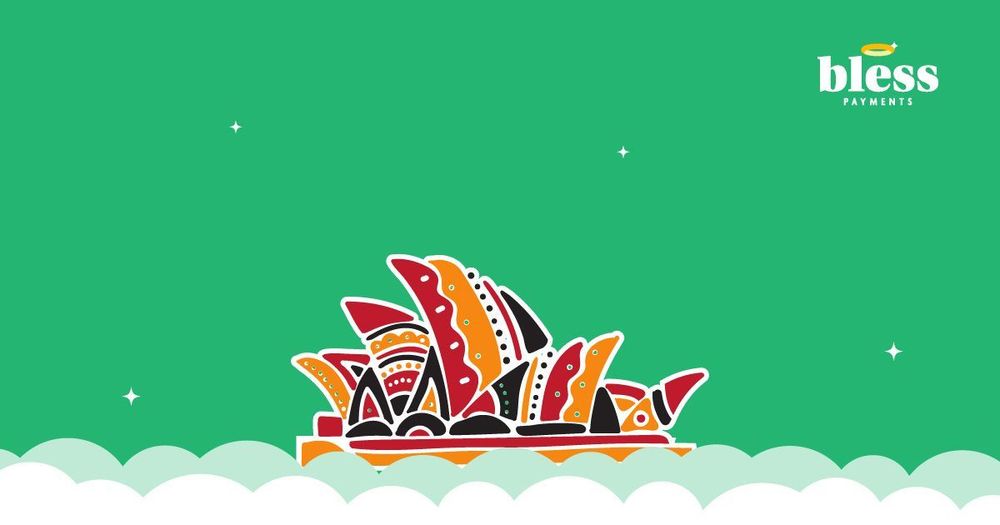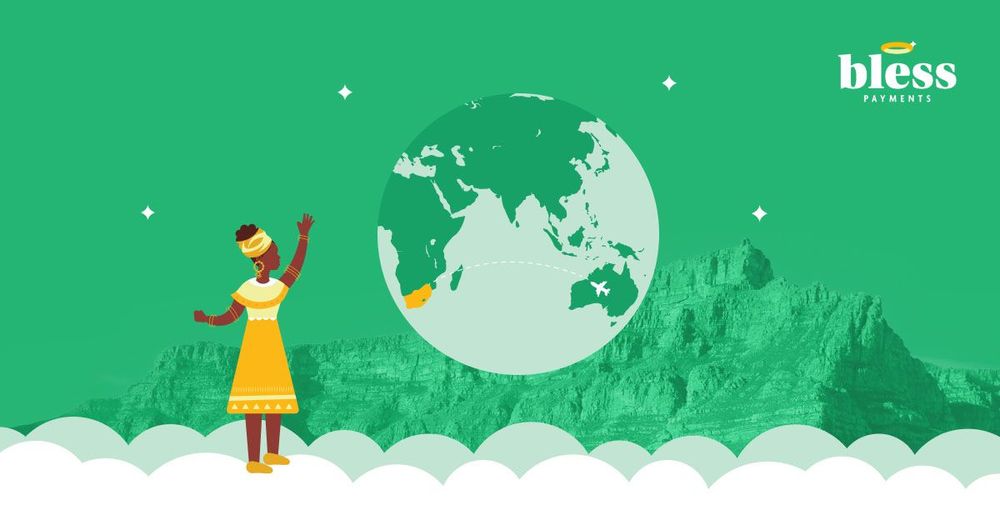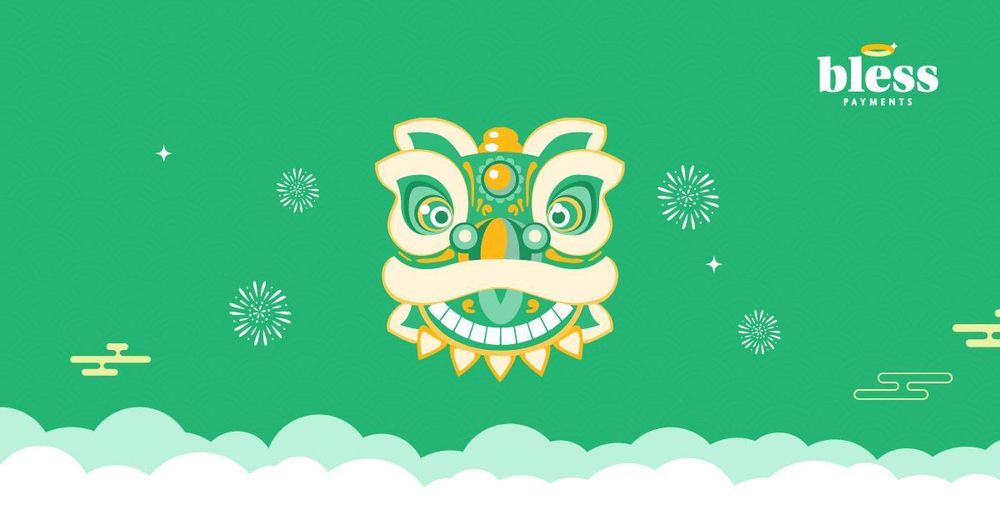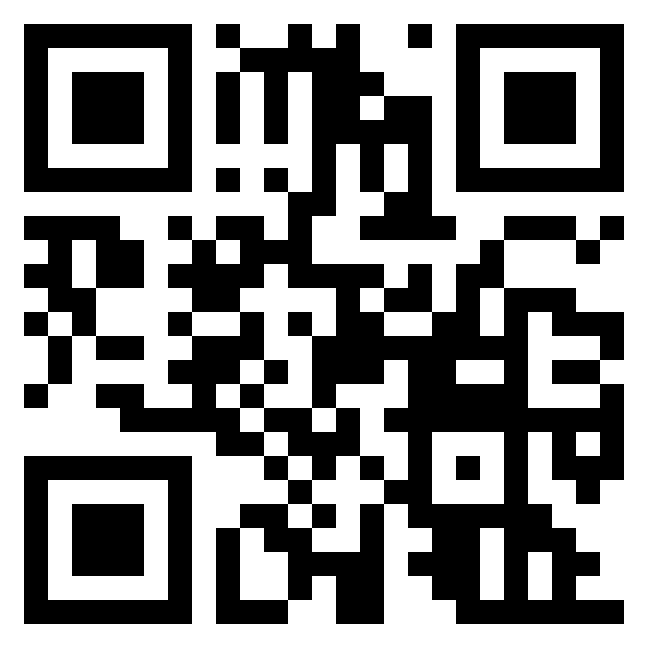
Affy Bhatti
•24 Jan 2024
•7 min read
On Australia Day, and whether it’s Time to Change the Date

Most nations on Earth set aside a day to celebrate their national identity. Typically this day is the day of the nation’s founding, or the day it won freedom from colonial forces and formed the identity that it has today.
In Australia, that day is currently 26 January, though this is an increasingly controversial day and it’s no longer a source of unity across the nation. Indeed, it has become a day for sharp debate about Australia’s past, and how we want to shape its future.
Why 26 January
26 January marks the day that the First Fleet – the first set of settlers from England – landed in Sydney Cove. On that day in 1788, Arthur Phillip, the first governor of New South Wales (and the first colony of soldiers and convicts), raised the Union Flag on Australian soil, and the nation began to develop to become the place that we know it today.
Though that is certainly a historically significant event, “Australia Day” as a national holiday is a relatively new phenomenon. Historically, each state would celebrate the day that European settlement came to their state separately. Tasmania and South Australia celebrated days in December, for example, and Western Australia’s Foundation Day was on 1 June.
Once Australia became an independent nation in 1901, however, the push began to create a unified day to celebrate the nation. The very first “Australia Day” for the nation was conceived in 1915, as a way of creating pride in the nation to support Australia’s involvement in World War 1. That day was chosen as 30 July.
From there, various states started to adopt 26 January as the day, and by 1935, all states in Australia were united in considering that date to be the foundation day for the nation. However, for decades after, some states still chose different days to celebrate foundation, or, in the case of the ACT, didn’t publicly celebrate a founding day.
It was only in 1994 that all states and territories agreed to make 26 January a public holiday for the first time.
Why Is Australia Day Controversial?
While the historical significance of 26 January is undeniable, research shows that one in four Australians would like to see the national holiday changed, and that number is growing every year. This movement is loosely organised under a movement called “Change the Date.”
The motivation for this is simple – to some Australian First Nations people, 26 January represents the start of the colonisation of Australia, and that is a wound that has never been fully settled or made amends for. For generations, our First Nations people experienced dispossession, oppression, and violence against their people and cultures. But not all feel this way.
To many First Nations people, 26 January is instead referred to as "Invasion Day," "Survival Day," or the "Day of Mourning." Rather than celebrating with cricket or beach BBQ parties, these communities instead organise protests and remembrance ceremonies, offering an alternative narrative that honours the resilience and survival of Indigenous cultures in the face of historical adversity.
That is not to say that Aboriginal and Torres Strait Islander people would not like to see a national holiday that aims to bring the nation together. Rather, some argue that such a goal can never occur on 26 January. So they propose alternative dates for the national holiday, including 1 January, which was the day that Australia was federated as an independent nation in 1901; 27 May, commemorating the 1967 referendum that recognised Indigenous Australians as citizens (appallingly, Indigenous Australians were not counted as part of the population prior to this landmark referendum in which 90% of Australians voted Yes to rectifying this atrocity); or 13 February, the date of the 2008 apology to the Stolen Generations.
However, while Change the Date has growing momentum, some Australians protest the idea of moving the date away from 26 January, and so Australia Day and the debate around it remains a major annual discussion about the Australian identity and the relationship First Nations people have with the rest of Australian society.
What Happens On Australia Day
For now, Australia Day remains on 26 January. It is a big day for many migrants because many city councils choose to hold citizenship ceremonies for new Australians on that day (although the number of city councils choosing alternative days is growing). It’s also the day that Australian of the Year awards are handed out, for those Australians that have gone above and beyond in support of the nation and their communities.
Because it takes place in the middle of the Australian summer, it’s also a great day for outdoor activities and most towns and suburbs across Australia have their own, family-friendly celebrations. You’ll enjoy many smells of BBQ, plenty of street festivals and music, and more, regardless of where you live in the country.
The debate around Australia Day can make people feel uncomfortable about participating in the celebrations. For many migrants, Australia Day means a lot personally, because that is the day they became citizens. No Australian would begrudge your right to celebrate that – just be aware that it is also a sensitive subject for others, and it’s important to understand why.
1045 views
Recent Posts
See All



